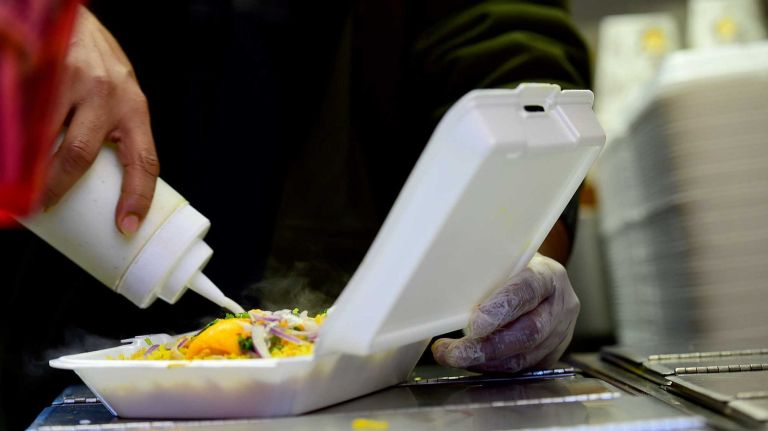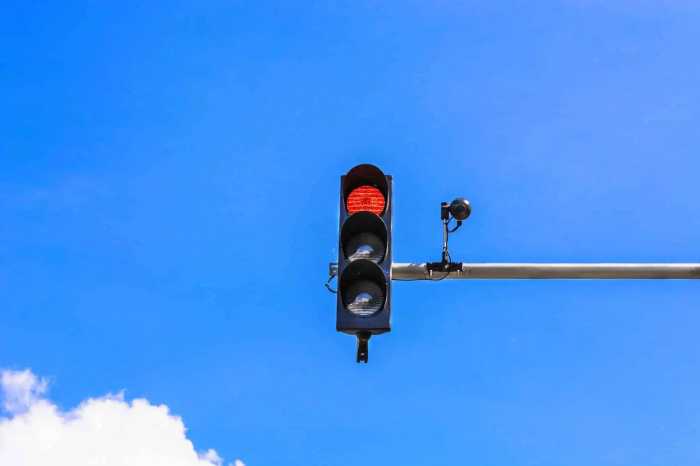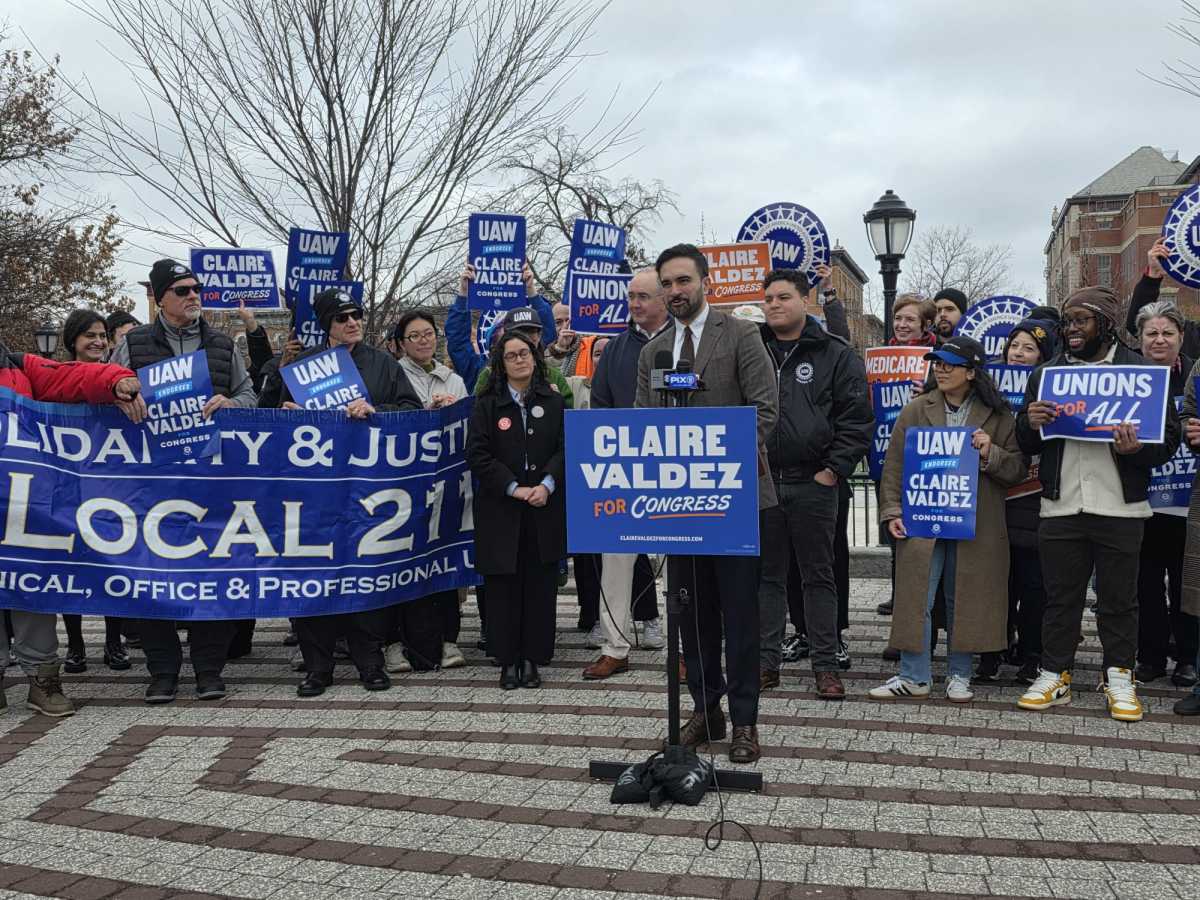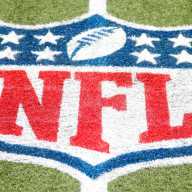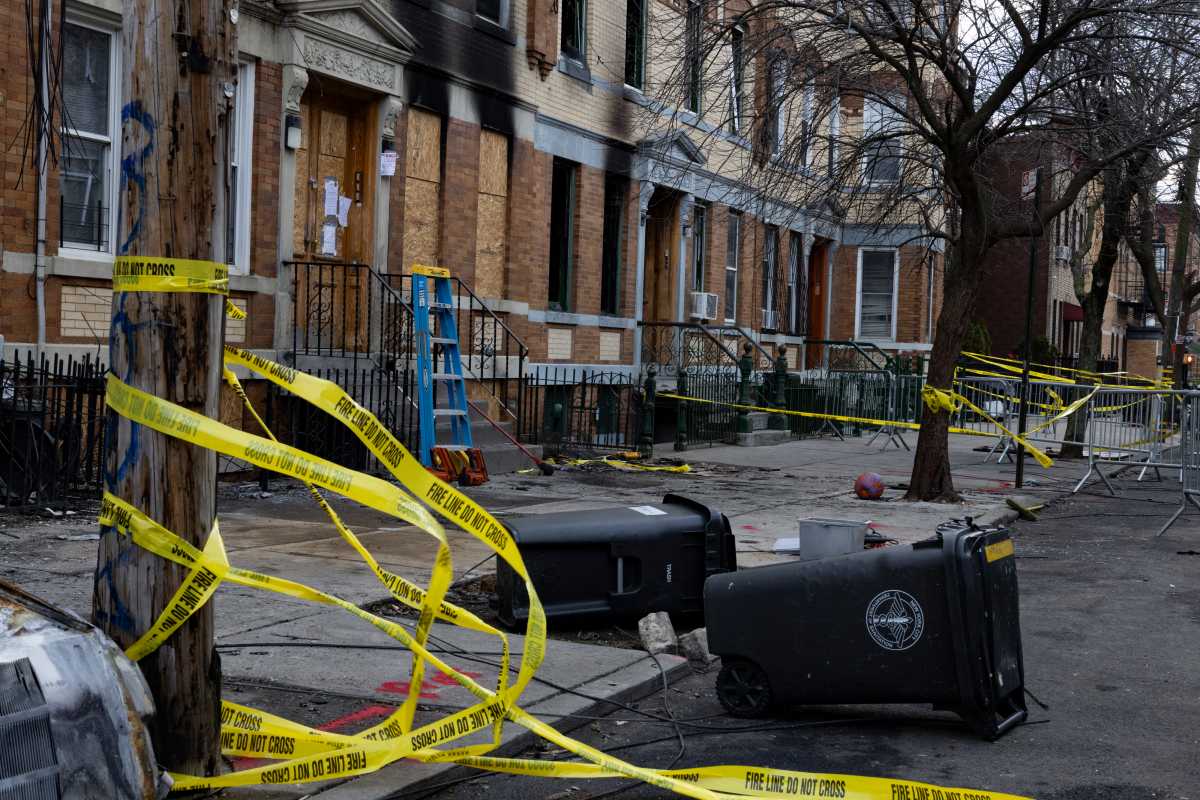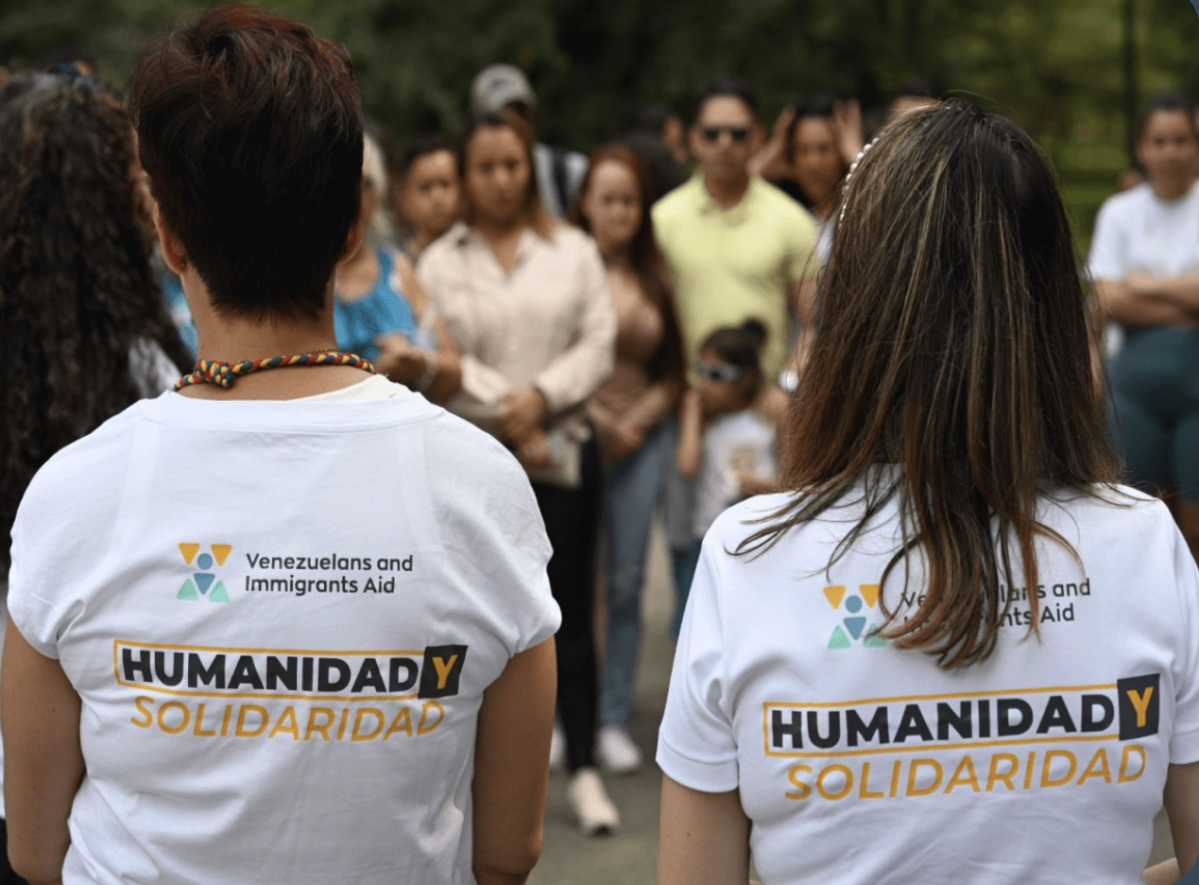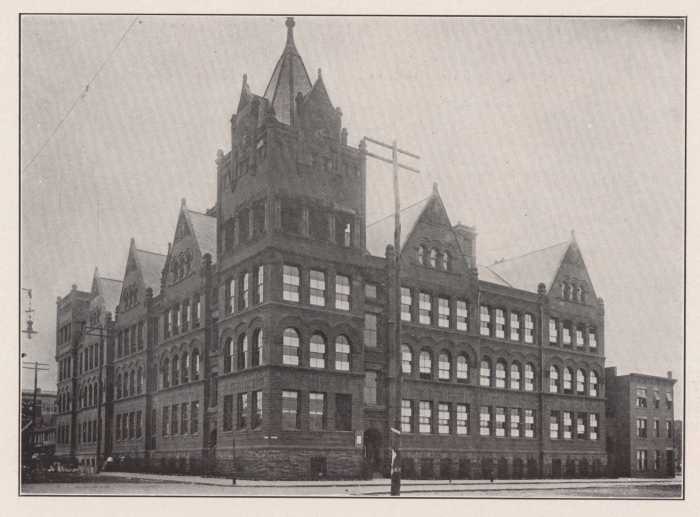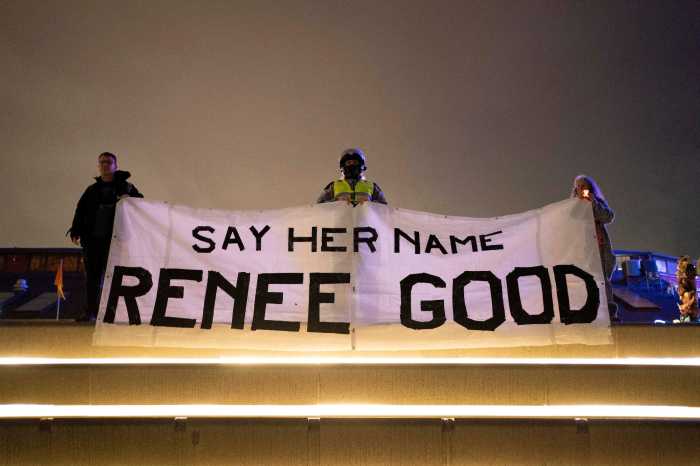
New York City is keeping its promise to reduce the amount of waste that ends up in landfills.
In its first month of enforcing the city’s ban on single-use foam plates, cups and other containers, the Department of Sanitation issued a total of 57 violations across the five boroughs, a spokeswoman said Wednesday.
All of the violations were first time offenses, which carry a $250 fine. If a business or organization is cited a second time, the fine increases to $500. A third offense and above would result in a $1,000 fine.
Dirty single-use foam containers cannot be recycled in New York City, which means they are collected as trash by the Sanitation Department. Supporters of the ban argue that containers made of recyclable paper, plastic and aluminum as well as compostable materials are more environmentally friendly.
“When foam enters our waste stream, it becomes a source of neighborhood litter and can end up on our beaches and in our waterways,” acting Sanitation Commissioner Steven Costas said on July 1, the first day of enforcement. “It’s hazardous to marine life and can clog storm drains. It’s even a contaminant in our recycling and organics programs.”
The ban, which also includes packing peanuts, technically went into effect on Jan. 1, however, the city gave businesses, agencies and nonprofits a six-month grace period before beginning to issue fines. New Yorkers also won’t be seeing foam cups, plates, bowls or other single-use containers sold in stores.
Of the 57 summonses issued – all first offenses – Brooklyn had the highest number of violations at 32. The Bronx had nine violations, Manhattan had seven, Queens had five and Staten Island had four, according to the Sanitation Department.
Summonses are issued through several enforcement tactics, including the investigation of 311 complaints. Members of the Sanitation Department’s Enforcement Unit may also issue a summons if they see a foam violation while out making sure New Yorkers are abiding recycling laws and other city regulations. Businesses, agencies and nonprofits should also expect an inspector from either the Sanitation Department, Heath Department or Consumer Affairs Department at least once a year.
There are some exemptions for the foam ban, including prepackaged food that was filled and sealed before its arrival at a restaurant, mobile commissary or store; containers used to store raw meat, fish, seafood and eggs; and foam blocks meant to fill shipping packages.
Small businesses and nonprofits making less than $500,000 annually also can apply for a hardship exemption.
Correction: An earlier version of this article erroneously referred to the banned foam containers as Styrofoam — a distinct brand of the Dow Chemical company that is not used in food and beverage containers.



